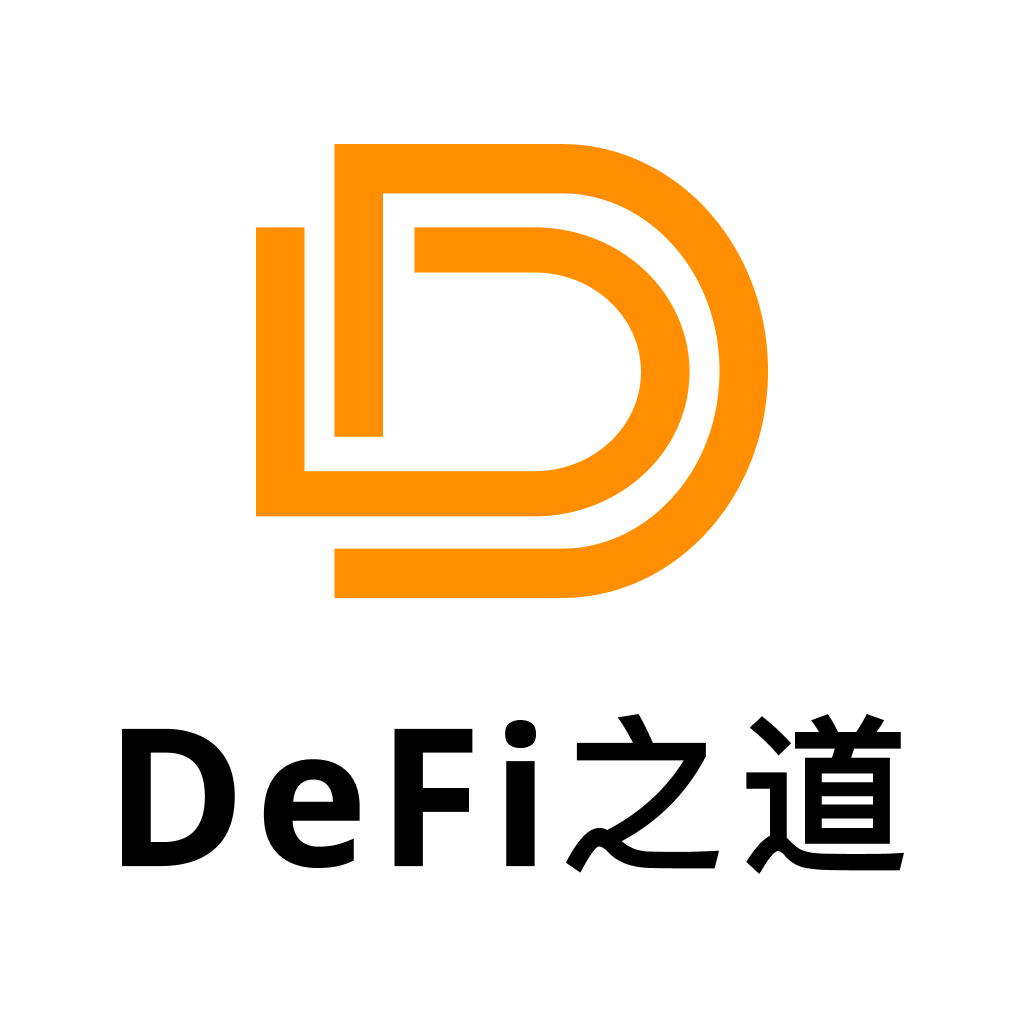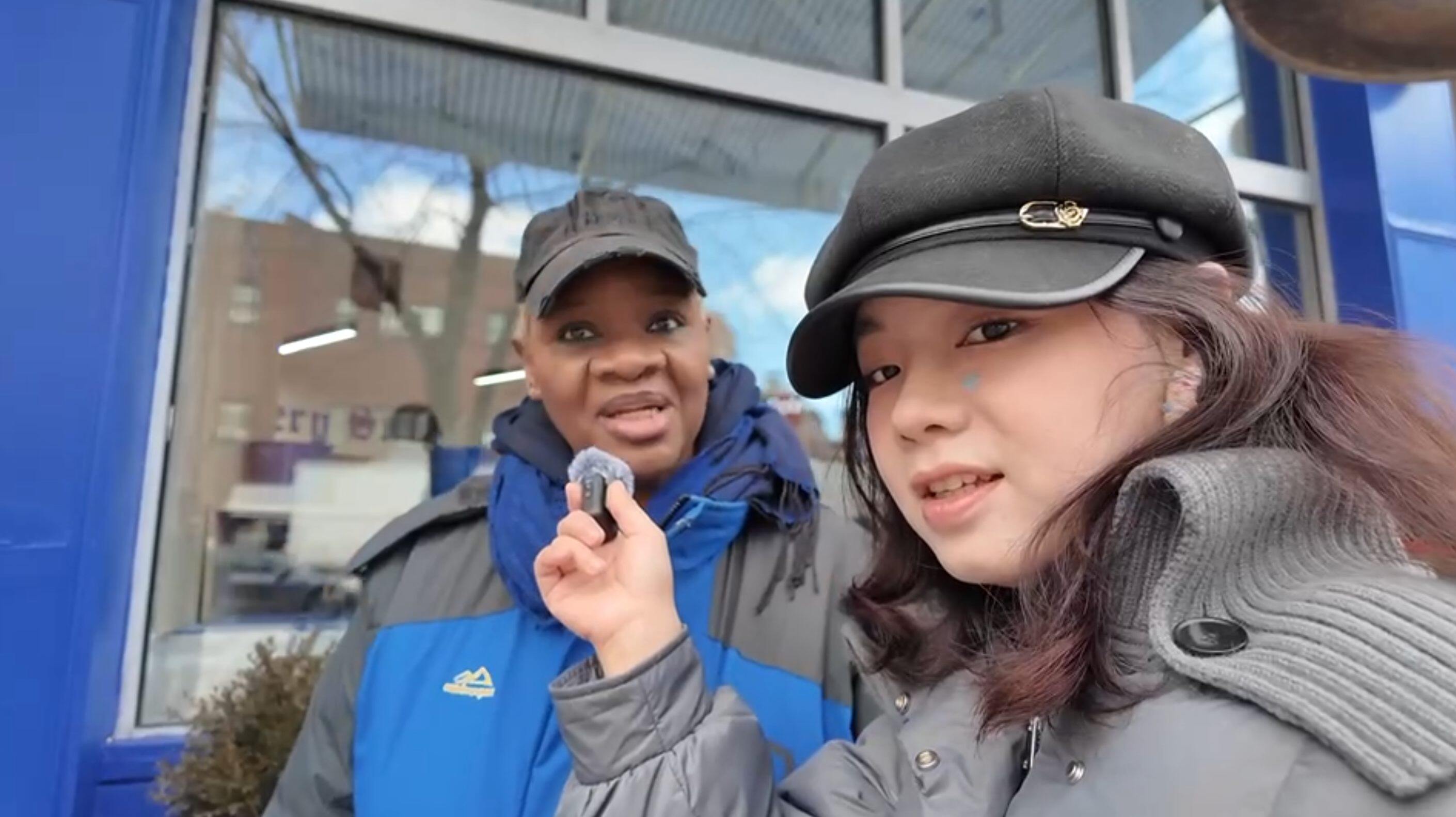Gitcoin founder: How can the crypto economy achieve a regenerative world?
Original source: Bankless
Original source: Bankless
Our world faces many existential threats: climate change, internal political conflict, external wars, wealth inequality, superbugs—all problems of our own making.
How do we solve these problems?
Our institutions have failed us. We believe they have the power to improve our lives, but they play politics, exaggerate our future, and cater to short-term interests.
Since most of Bankless' readers are under the age of 30, it's hard not to see these issues and feel small, inadequate, and incompetent. We cannot escape - these challenges will hit our generation hard.
But let me offer you a nihilistic alternative.
Take the green pill.
This is the future Kevin Owocki paints. Reject an apocalyptic future. A way to harness human coordination and capital for the good of society.
We have seen many such experiments with success:
Gitcoin Funds Over $51M for Public Goods
KlimaDAO purchases 14 million tons of on-chain carbon offsets.
Ethereum itself - public goods for creating public goods
Not just encrypted tokens.
Or a regenerated encrypted Token.
That's the green pill. Let's explore.
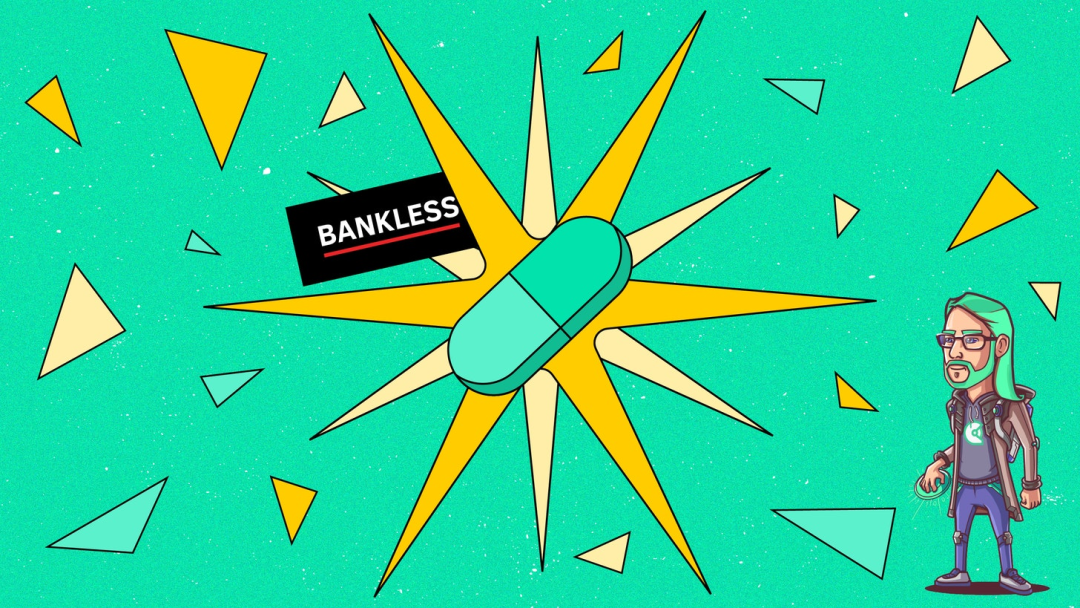
Humanity faces a failure of coordination on a global scale, which is a systemic risk to human prosperity.
These coordination failures include climate change, insecure digital infrastructure, misinformation and lack of economic prosperity.
Our traditional institutions are not equipped to handle them.
However, I reject the doom-ism that traditional institutions and generations past have bequeathed us. I believe we can create a Schelling point for hopefuls by creating new regenerative cryptoeconomic systems.
I believe our moment of opportunity is here - that we can build a better world for our generation and beyond. By taking advantage of what web3 has to offer, we can build a more regenerative cryptoeconomic system, create positive externalities for the world, build a more SolarPunk (SolarPunk: is to find ways to make our lives better) future, and can Kill Moloch.
secondary title
Problems faced: coordination failure
Coordination failure occurs when a group of people could cooperate to achieve a desired outcome, but fail to do so because they do not coordinate their decision-making.
Coordination failure is a dystopia without a dictator, where every citizen, including the leader, hates the system, but due to the lack of good coordination mechanisms, the failed system persists.
This is an obvious problem from the god's perspective of a system that fails to coordinate. Within the system, no single actor can create change.
Examples of global coordination failures are everywhere:
climate change
nuclear proliferation
error message
ransomware
Cancer (failure of coordination in the human body)
Insufficient educational or employment opportunities
secondary title
many things are at stake
As humans globalize, our coordination problems become more and more global. At the same time, our ability to deal with these global coordination issues is being challenged. Our generation has inherited decaying infrastructure, declining confidence in institutions, or problems with institutions failing to achieve the scale of the web or beyond their boundaries.
Each of these coordination failures causes human suffering. The scale of impact of these coordination failures is global, but the impact is local:
Your coastal property is at risk of flooding due to climate change
secondary title
Moloch: Know Your Enemy
secondary title
weapon of our choice
We need a truly global basis for incorruptible coordination to address global coordination failures.
We found one. This weapon of choice is a novel mechanism design deployed to a decentralized blockchain network.
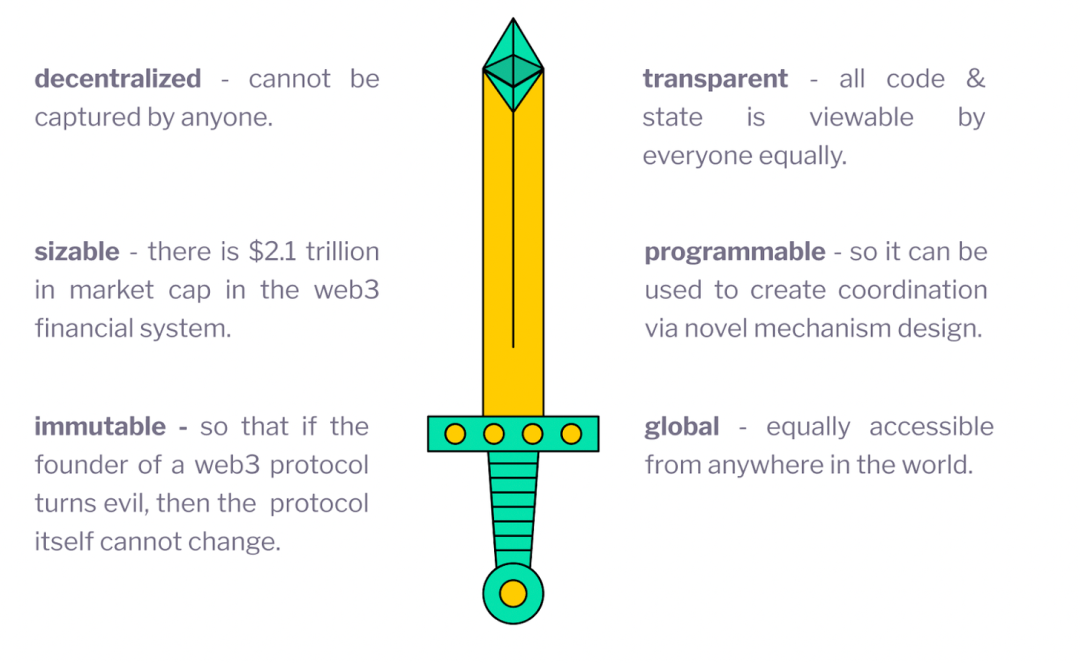
We don't have to live with coordination failures anymore.
Is it possible for us to kill Moloch? Yes. Is there a guarantee? No, we need to select it.
secondary title
The Solution: Regenerative Cryptoeconomics
A regenerative cryptoeconomic system is one that:
meet people's needs.
Create positive externalities and be net positive.
Create balance and find that balance.
In order to create positive externalities, we first have to be harmless. The world is currently embroiled in a debate about the energy usage of proof-of-work (PoW) blockchain systems such as Bitcoin. Unless proven otherwise, the carbon impact of Bitcoin and other PoW blockchains can be both large and extremely negative. Regenerative cryptoeconomic systems are net positive systems.
Fortunately, there are many second- and third-generation blockchains that meet this criteria. When Ethereum switches the protocol from Proof-of-Work (PoW) to Proof-of-Stake (PoS) in The Merge, the Ethereum network will consume 99.95% less energy than before. Ethereum will be close to carbon neutral by then.
On this near-carbon-neutral basis, it is possible to create extremely net-positive cryptoeconomic systems.
ImpactDAO, defined as any DAO that creates a net positive externality to its surrounding ecosystem, is the scalable atomic building block of a regenerative cryptoeconomic movement.
image description
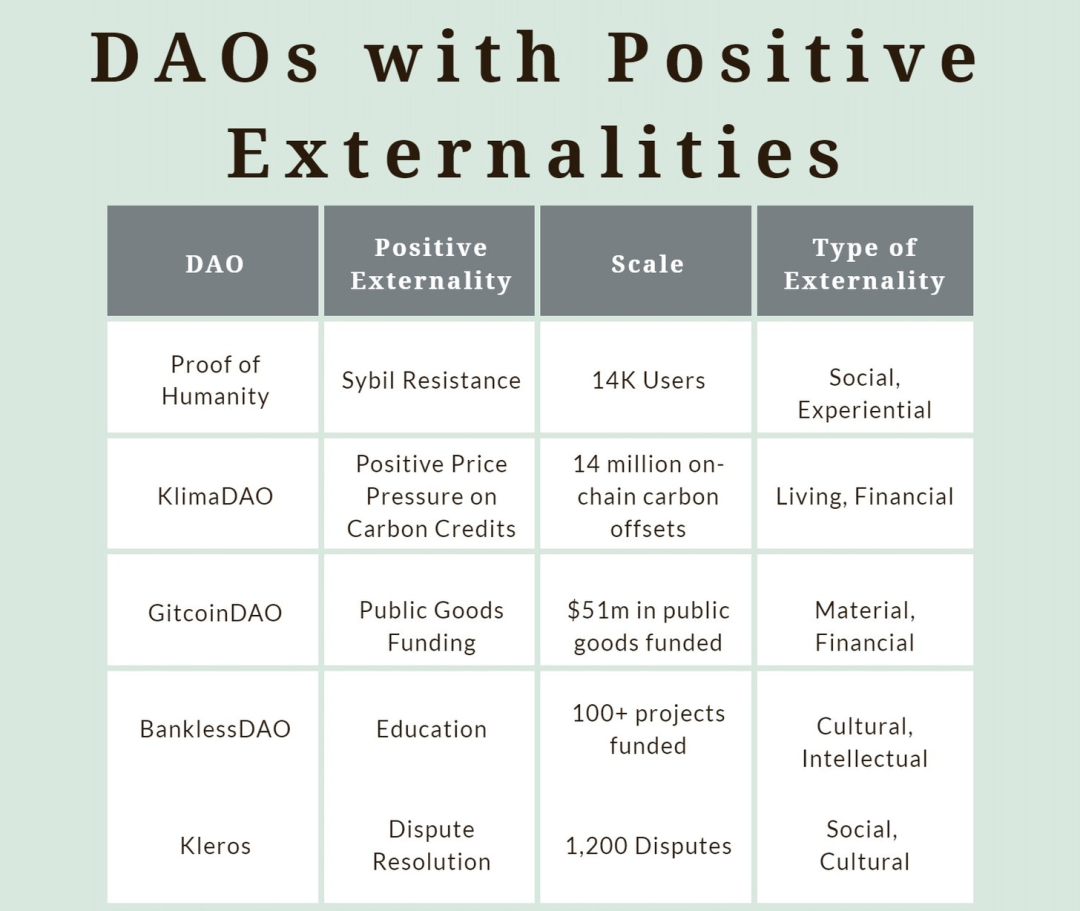
secondary title
Visualizing Regenerative Cryptoeconomics
As we define regenerative cryptoeconomics around what it is, we should also define what it is not.
secondary title
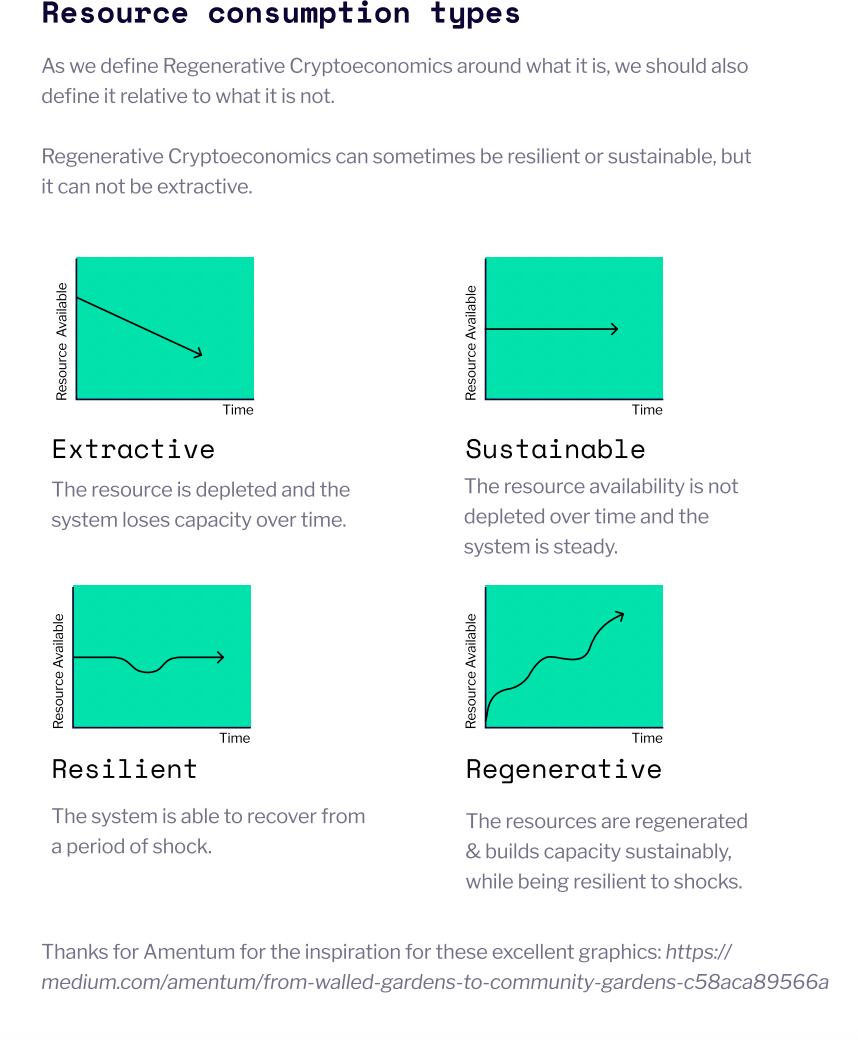
image description

"We build for human prosperity." - GitcoinDAO Mission Statement
We can design a regenerative internet of value that fosters the prosperity of diverse global citizens. An Internet that creates prosperity for many.
Massive regenerative cryptoeconomics will ensure funding of digital infrastructure that does not belong to any billionaire or tech titan. By greening tens of thousands of web3 native founders, engineers, designers and bystanders, we can eclipse the more prolific and degraded use cases of the blockchain network and ignite a positive one for its regenerative use cases feedback loop.
secondary title
We can program our values into our money
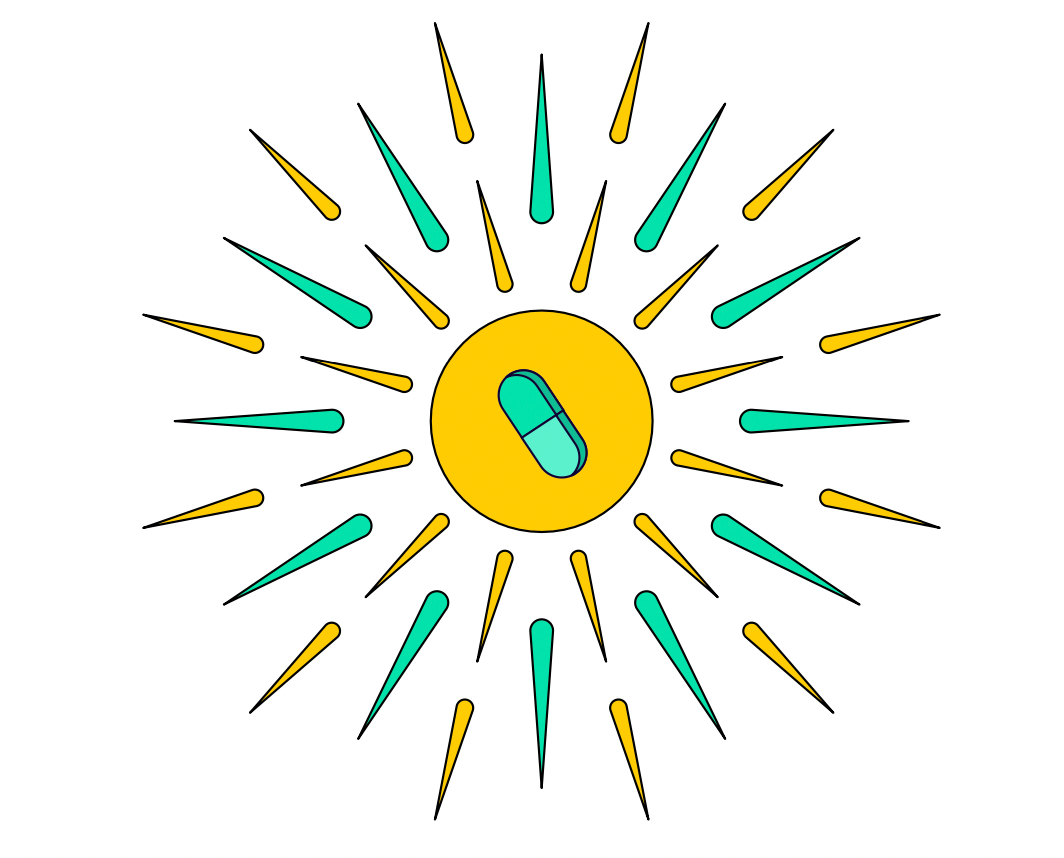
As of January 2022, the value of open source financial systems is $2.1 trillion. What if we could use all these funds for good?
Thoughts from first principles:
Blockchain-based networks have a market cap of $2.1 trillion.
It's all built on top of open source software, which is a public good and something we value.
We can reallocate some of the money to support the public good.
In the old financial system, all the money that used to go to some back office on Wall Street will now go to open source software. Given the legitimate need to prevent black swan events (like hacks, unplanned outages, etc.) by supporting the digital infrastructure underlying our digital assets, it should be possible to build an aqueduct to provide financial support for the most necessary public goods.
With programmable money, we can program our values into our currency and make public goods financially sustainable.
secondary title
Network-scale regenerative cryptoeconomics
The great idea is that by embracing and building regenerative cryptoeconomics we can:
Create a parallel opt-in system to fund digitally native public goods that operates with greater efficiency and scale.
Such parallel opt-in systems can increasingly support non-digital public goods.
As more and more people leave their private jobs for public good, the energy of one public good seeps into another, a kind of 21st century Indigenous civic pride emerges, and momentum compounds outward in a virtuous growth cycle.
More global public goods are funded. For decades, economies and democracies around the world have upgraded to the higher bandwidth of the digital age, creating more human prosperity.
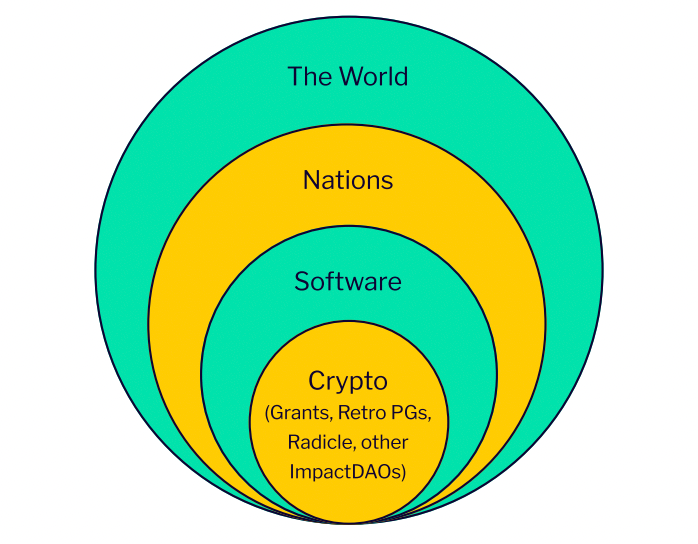
Of course, no outcome is preordained. Like any technology, cryptoeconomics can be used for public benefit or strictly for personal gain. As humanity upgrades its infrastructure in the digital age, we must ask and seek to answer many questions. Crossing will be limited.
secondary title
take the green pill
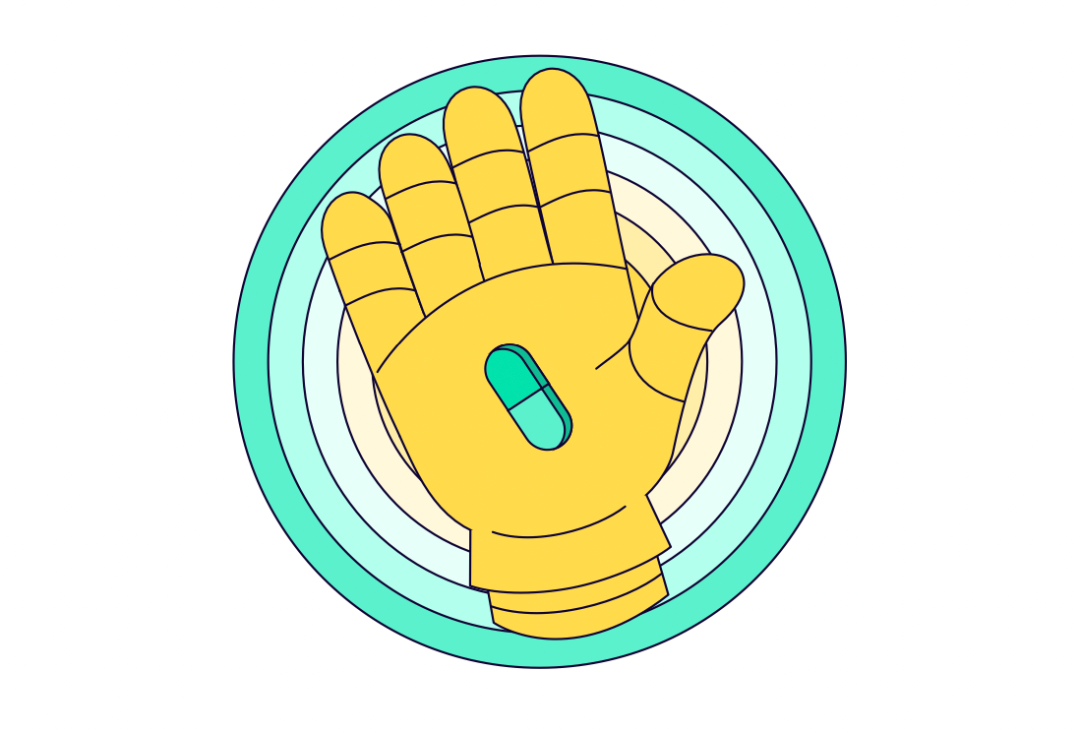
All coordination is an option. To win this game of coordination, we need to choose coordination, turning it into a multiplayer game. Once the multiplayer game is booted, we need to choose coordination to win it. Once we have won it, we must coordinate to maintain its legitimacy.
If we take the green pill together (choose harmony), we will create a more regenerative world. If we collectively fail to do so, we will continue to maintain the status quo. Regenerative cryptoeconomics is here, it matters, and it's happening. But it's also early days. To grow, it needs you.
The Overton window is open. Join the movement. Do what your unique skills and abilities enable you to do. Spread the word. Build something. Learn from your mistakes, throw away and build something else. organize gathering. It's not enough to be honest about where we win and where. Do what feels right to you. Do your own research. Beware of any charismatic leader (including me) who claims to have all the answers. A leader is someone who knows what to do next.
If we collectively choose and continue to reinforce this outcome, regenerative cryptoeconomics may become a necessity as hope begets more hope and momentum begets more momentum.
Whatever you do, remember to coordinate.

